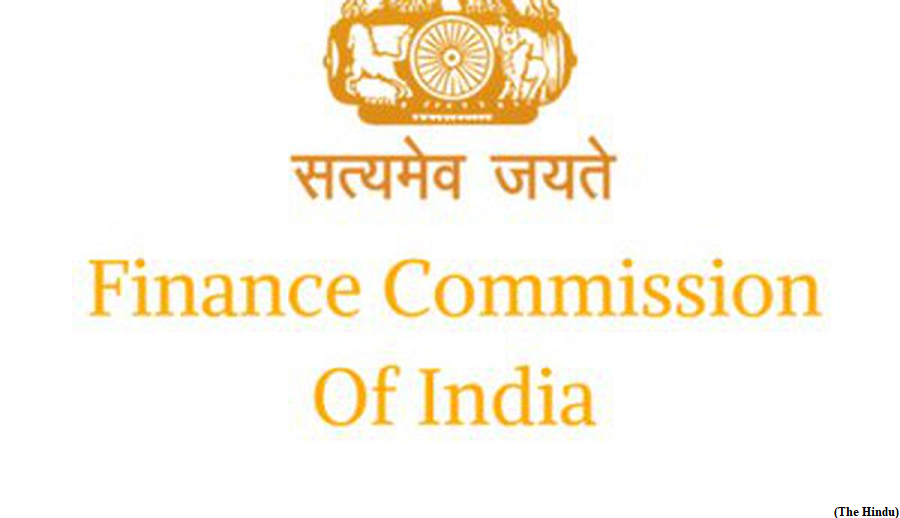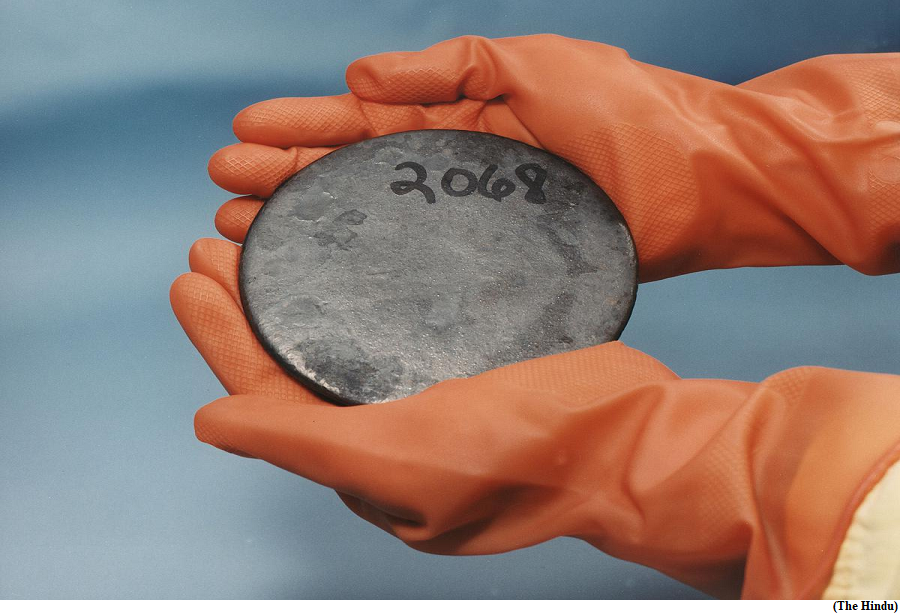16th Finance panel will be constituted in November (GS paper 2, Polity and Governance)

Why in news?
- The Union government is gearing up to constitute the Sixteenth Finance Commission in November 2023.
Mandate:
- It will recommend the formula for sharing revenues between the Centre and the States for the five-year period beginning 2026-27.
- The Finance Commission is also tasked with recommending the distribution ratio of revenues between States, along with other terms of reference that the Centre proposes.
Extension to 15th FC:
- It is to be formed every five years according to Article 280 of the Constitution.
- However, the Fifteenth Finance Commission, which was headed by N.K. Singh, had been given an extended mandate to make recommendations for six years, up till 2025-26.
- The government is bound to consider the Commission’s suggestions and submit an action taken report that conveys its stance on those ideas, along with the first Union Budget of the five-year period.
- That will be the Budget of 2026-27, likely to be presented on February 2, 2026, as February 1 falls on a Sunday that year.
- The last time the Constitutional body was given a six-year mandate was for the Ninth Finance Commission formed in June 1987. But the Tenth Finance Commission was still constituted in June 1992 within the five-year deadline specified by the Constitution.
Terms of reference of 15th FC:
- The Fifteenth Finance Commission was handed some contentious tasks, such as determining whether a separate mechanism was warranted for funding defence and internal security spends.
- It was also asked to rely on Census 2011 data for its recommendations, which had caused concern among some States that had done better on health and population management vis-à-vis other peers.
GST Council impact
- Typically, this officer is also appointed the member secretary of the Finance Commission, once it is constituted.
- A fresh challenge for the Sixteenth Commission is that it will have to figure out a way to factor in the impact of decisions taken by another Constitutional body created recently, the Goods and Services Tax (GST) Council.
- While the Finance Commission is not a permanent body, the GST Council is, and the latter’s decisions on tax rate and administration changes can impact the former’s projections.
In pursuit of a magic number, physicists discover new uranium isotope
(GS paper 3, Science and Tech)
Why in news?
- While studying the atoms of heavy elements, physicists in Japan discovered a previously unknown isotope of uranium, with atomic number 92 and mass number 241, i.e. uranium-241.
- The finding refines understanding of nuclear physics. What shapes the large nuclei of heavy elements take and how often (or rarely) defines the boundaries of models that physicists use to design nuclear power plants and models of exploding stars.

New discovery:
- The discovery of a new neutron-rich uranium isotope is the first since 1979.
- The arrangement of protons and neutrons in an atomic nucleus follows some rules. In general, an atom’s mass is slightly lower than the sum of the masses of protons, neutrons, and electrons.
- So, systematically measuring the mass of uranium and its neighbourhood elements yields essential nuclear information to understand the synthesis of such heavy elements in explosive astronomical events.
U-241:
- The researchers accelerated uranium-238 nuclei into plutonium-198 nuclei at the KEK Isotope Separation System.
- The resulting nuclear fragments contained different isotopes. This is how they identified uranium-241 and measured the mass of its nucleus.
- Theoretical calculations suggest it has a half-life of 40 minutes.
- The team used time-of-flight mass spectrometry to estimate the mass of each nucleus depending on the time it took to reach a detector.
Way Forward:
- There is particular interest in ‘magic number’ nuclei: containing a number of protons or neutrons such that the resulting nucleus is highly stable. The heaviest known ‘magic’ nucleus is lead (82 protons). Physicists have been trying to find the next such element.



